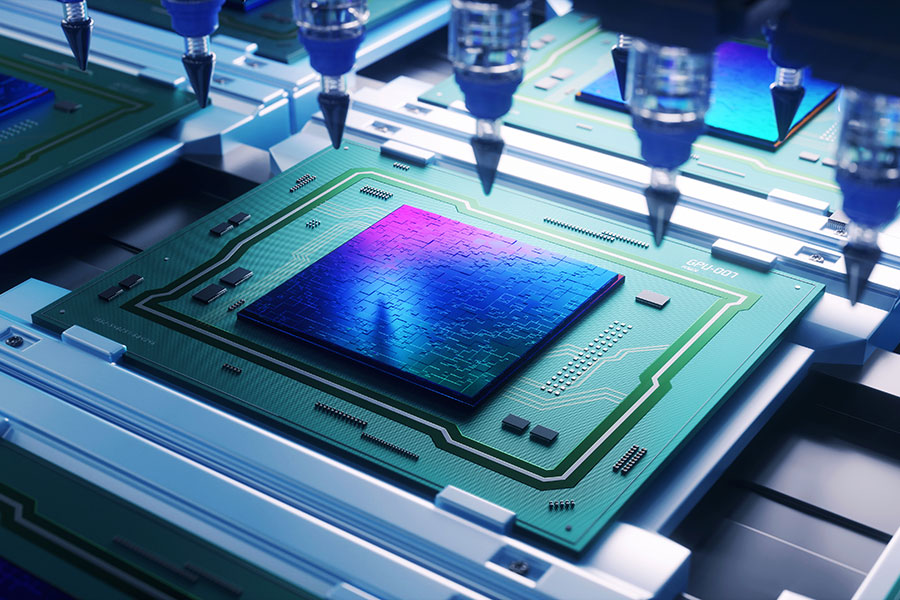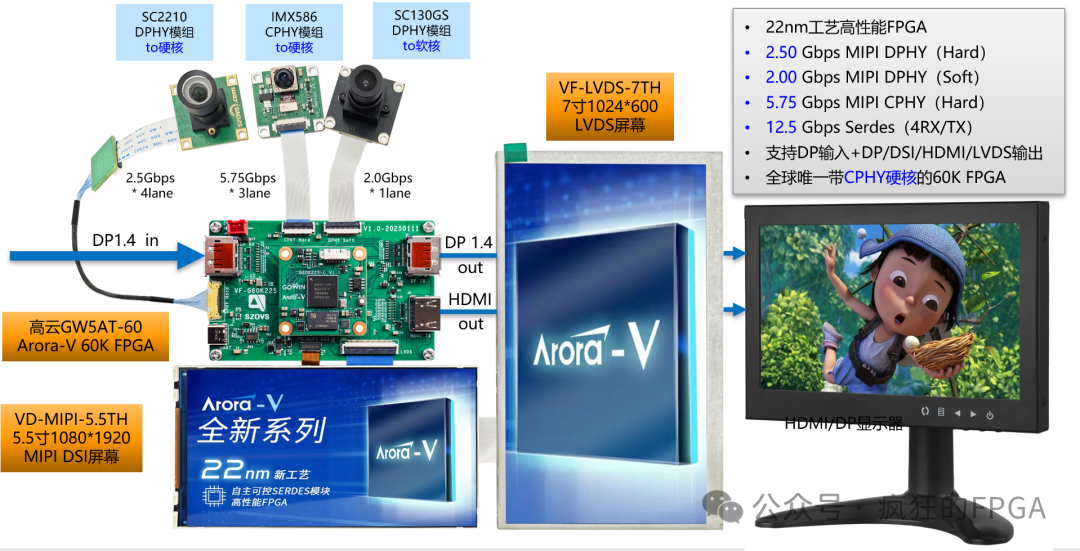
By Li Panpan
(JW Insights) Jun 26 -- Semiconductor investment institutions in China need to find promising IC fields with the domestic substitution trend and promote mergers and acquisitions to get through the industry downturn. This is the key point of an article by JW Insights analyst Li Yin. Excerpts of her article:

China’s semiconductor downturn started in 2022 and continued in the first quarter of 2023. The primary financial market of China’s semiconductor industry completed about 989 financed cases of RMB111.4 billion ($15.44 billion), down significantly from 1,502 cases and RMB156.3 billion ($21.66 billion) in 2021, showed data from China’s business and finance big data platform qimingpian.
Many Chinese semiconductor start-ups are still mired in price wars and employee layoffs this year. There were only 149 financed cases with a total of RMB21.84 billion ($3.07 billion) in semiconductor business in the first four months of 2023, a year-on-year decrease of 19% and 37.5%, said JW Insights analyst Wang Yanli, and financed amounts with less than RMB500 million ($69.25 billion) accounted for 94% of those cases (See her detailed report at https://jw.ijiwei.com/n/864215).
Overall, investors are more cautious this year, and it is more difficult for start-ups with lower-end products and weak market competitiveness to obtain financing.
Ren Ran, a representative of an investment institution, said the investment in domestic substitution products is approaching its limit with rare opportunities, and it isn’t easy to find projects with a return of more than ten times. In addition, with more stringent reviews and IPO inquiries, it has been more difficult for investors to get a suitable exit mechanism to get the investee listed in the STAR Market.
Chen Yu, executive director of Hua Capital, firmly believes that semiconductors are a direction for China’s vigorous development and are still the main field for technology investment.
But the global semiconductor industry will bottom out in 2023. The valuation of semiconductor companies will be adjusted into a reasonable range, and 2023 may be the best time to invest. There are still many other tracks that are promising to investment institutions.
The Chinese government generally supports companies that innovate independently in core technologies (large computing power chips, equipment, materials, EDA/IP) and for domestic substitution, Chen added.
"The leading companies in the mainstream semiconductor design and equipment fields can look for investment opportunities in segments with technology breakthrough difficulties. Upstream supply chain equipment and components companies, especially those with development potential and small risks, can explore domestic substitution opportunities that no one has tried before. In addition, there are still great investment opportunities in the Chiplet ecosystem with a low localization rate. Investors should grasp those chances,” said Chen.
Ren is optimistic about the high-end domestic substitution in automotive chips and semiconductor equipment/materials. With the rise of AI, there are opportunities in the data center chip market, and the demand for high-performance GPU, CPU, and optical module chips will also proliferate, said Ren.
With the market downturn of the semiconductor industry, mergers and acquisitions have also begun to emerge.
Many start-ups have been in a very fierce price war to survive, while others with technological breakthroughs to expand businesses face an increasingly difficult situation to get publicly listed. This also means that a wave of mergers and acquisitions in the semiconductor industry may be around the corner.
In the long run, M&A is beneficial to the industry development. It helps enterprises that adhere to long-term value and overcome technology barriers.
Ren said, “In the future, many semiconductor companies will be in M&A, especially those engaged in analog and EDA tools. Some companies will either be acquired or bankrupt. The domestic substitution trend has a specific window period, the time is exceedingly pressing, and the current semiconductor market downturn is a chance to crush competitors; Chinese companies should seize this opportunity.”
Yu Lei, vice president of Xinchao Group, also believes that the scale of the Chinese semiconductor market is relatively scattered with small companies while there is enormous room for development.
RELATED
-
Chinese leading Wi-Fi FEM provider Kxcomtech debuts on Shanghai Stock Exchange STAR Market with a 178.67% surge on the first day
11-17 14:13 -
Senior IC institutional investor Chen Yu points to more opportunities in AI chips and equipment in 2024
11-16 16:12 -
Chinese GPU startup Moore Threads completes B+ round of funding
11-16 15:17









